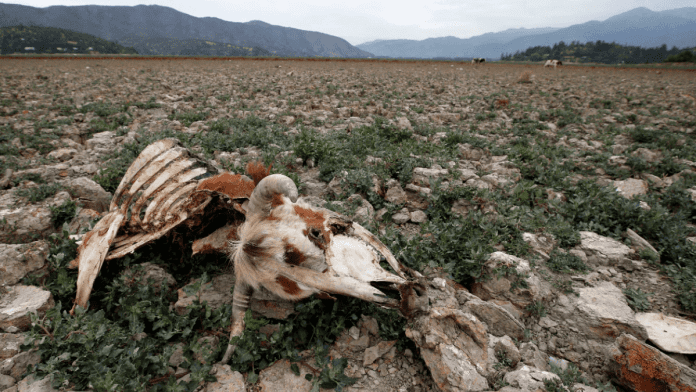News in Brief:
– Severe drought and unequal water distribution threaten family farming in Chile, imperiling livelihoods and traditional agricultural practices.
– Large agro-export interests control vital water resources, exacerbating the disparity between thriving commercial plantations and struggling local farmers, necessitating urgent reforms and government intervention.
In Chile, a severe water crisis looms over family farming, jeopardising livelihoods and ancestral ways of life. The combination of a 15-year drought and inequitable water distribution policies has left many farmers struggling to sustain their operations or even maintain access to their land.
The roots of this crisis trace back to Chile’s Water Code enacted in 1981, during General Augusto Pinochet’s dictatorship. This legislation transformed water into a tradable commodity, perpetuating a system where large agro-export companies and real estate ventures hold disproportionate control over vital water resources.
According to one report, in rural areas like Canela, located in the Coquimbo region, the consequences are dire. With over 80% of the population relying on water trucks for daily needs, traditional farming practices have become unsustainable. Goat herds have dwindled, crops wither, and once-lush landscapes succumb to aridity.
Meanwhile, large-scale avocado plantations, irrigated by accumulated water rights, thrive in the same parched valleys where family farms struggle. This disparity underscores the stark divide between agro-export interests and local agricultural communities.
Chile’s reliance on agro-exports, alongside mining, underscores the economic significance of the agricultural sector. However, the current water crisis threatens to destabilise this vital industry, with small-scale farmers bearing the brunt of the burden.
Community leaders like Julieta Cortés and Rosa Guzmán highlight the urgent need for systemic change. They urge for watershed management reforms and government intervention resonate across affected regions, emphasising the importance of prioritising the needs of local farmers over profit-driven interests.



